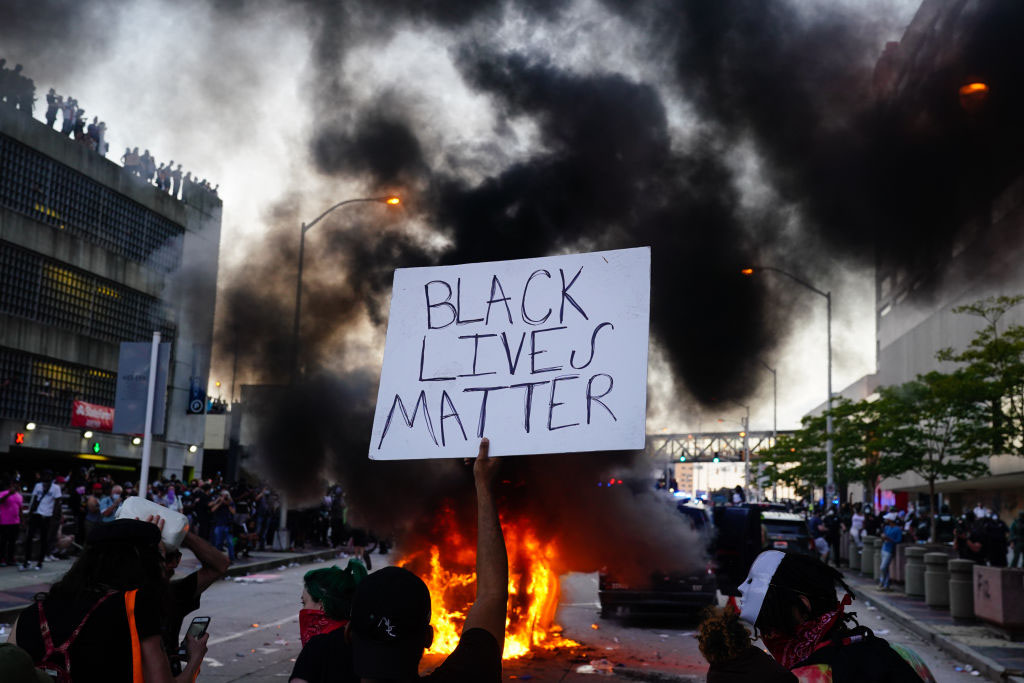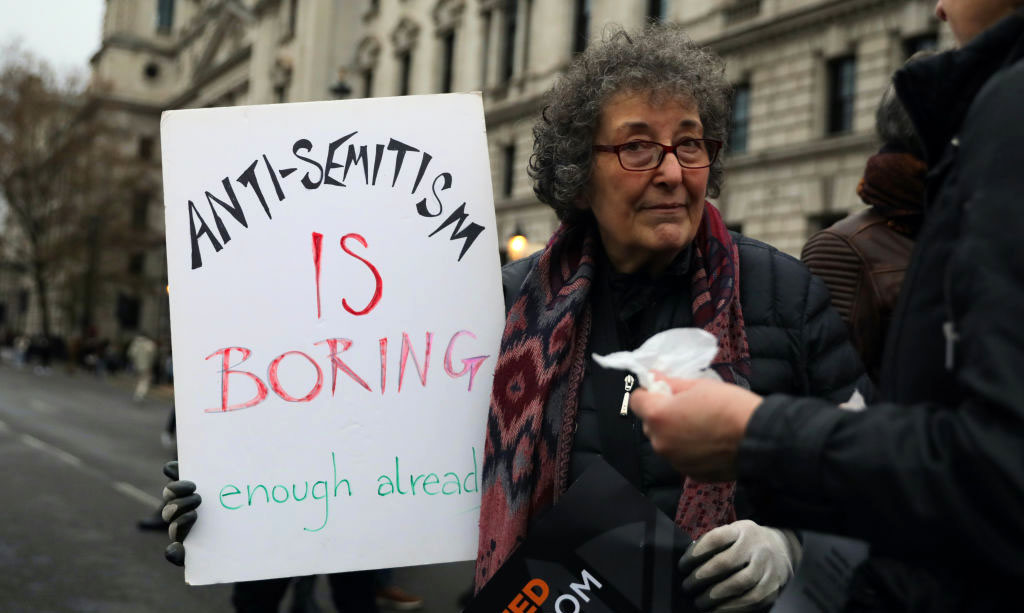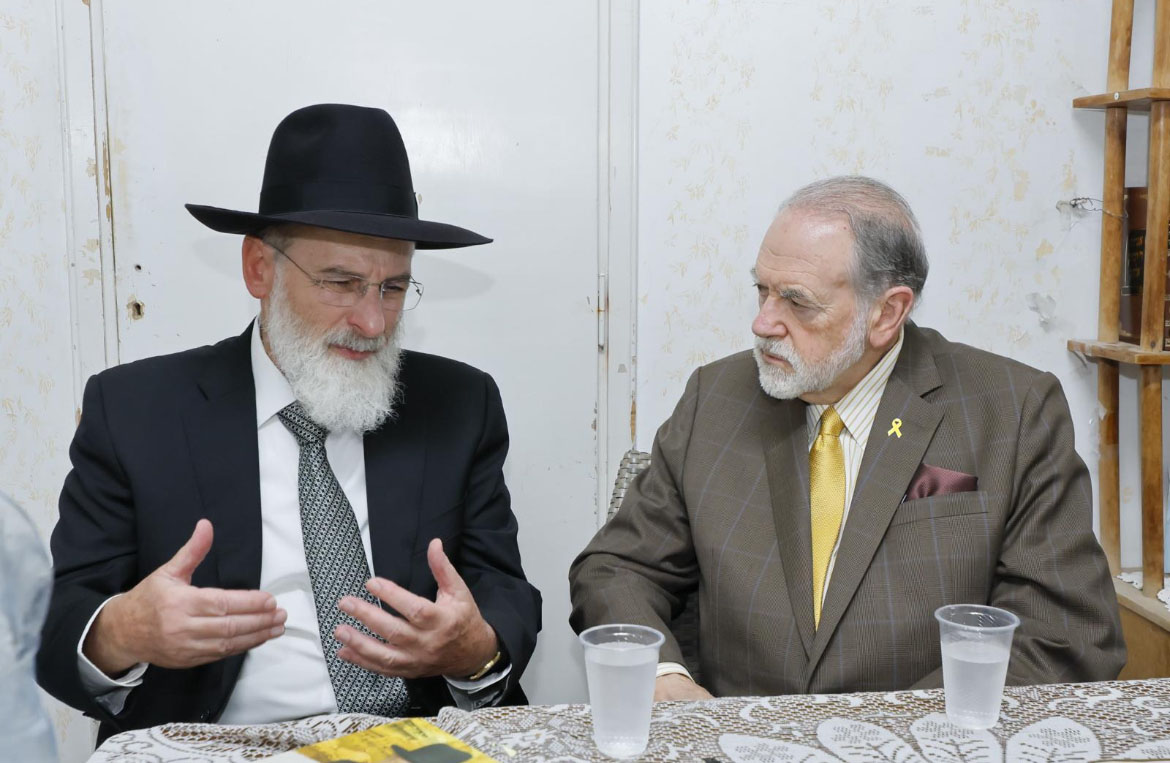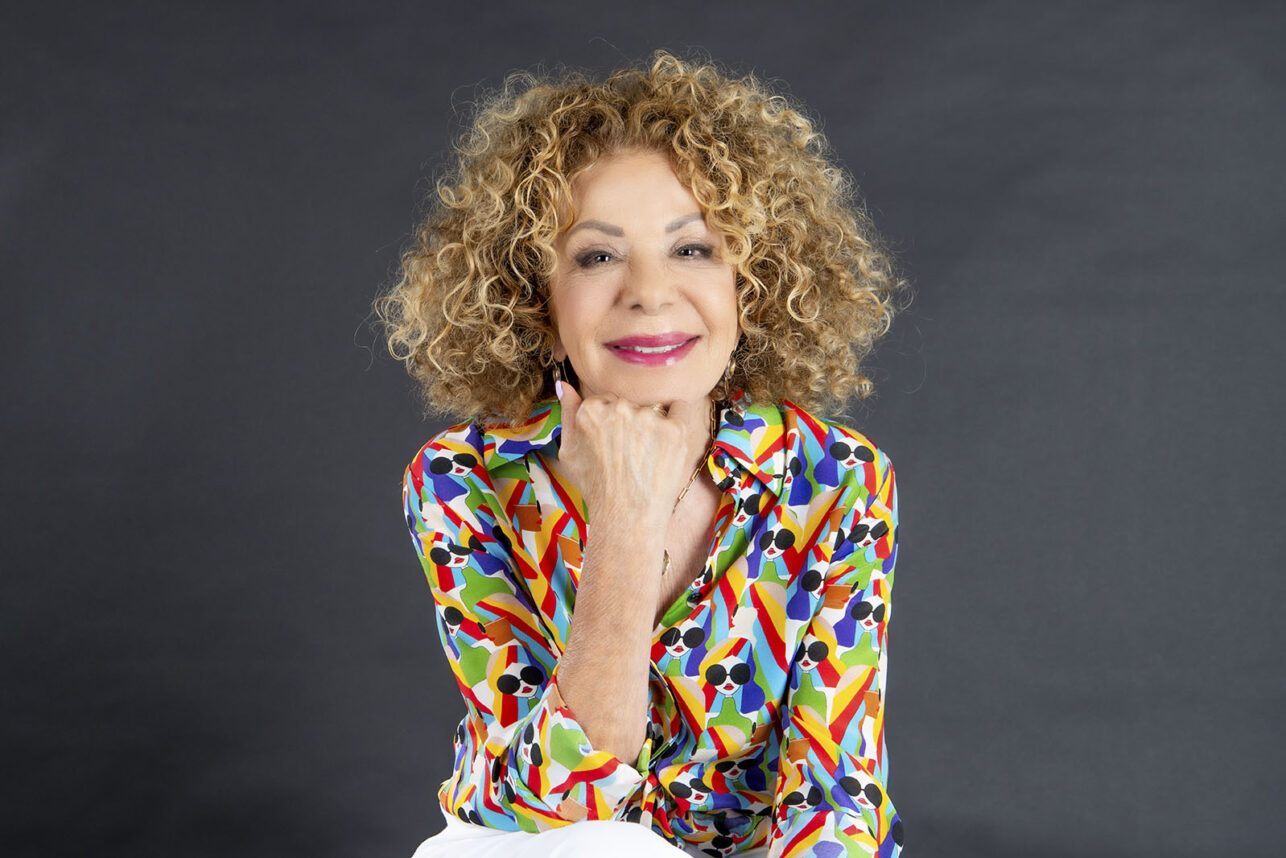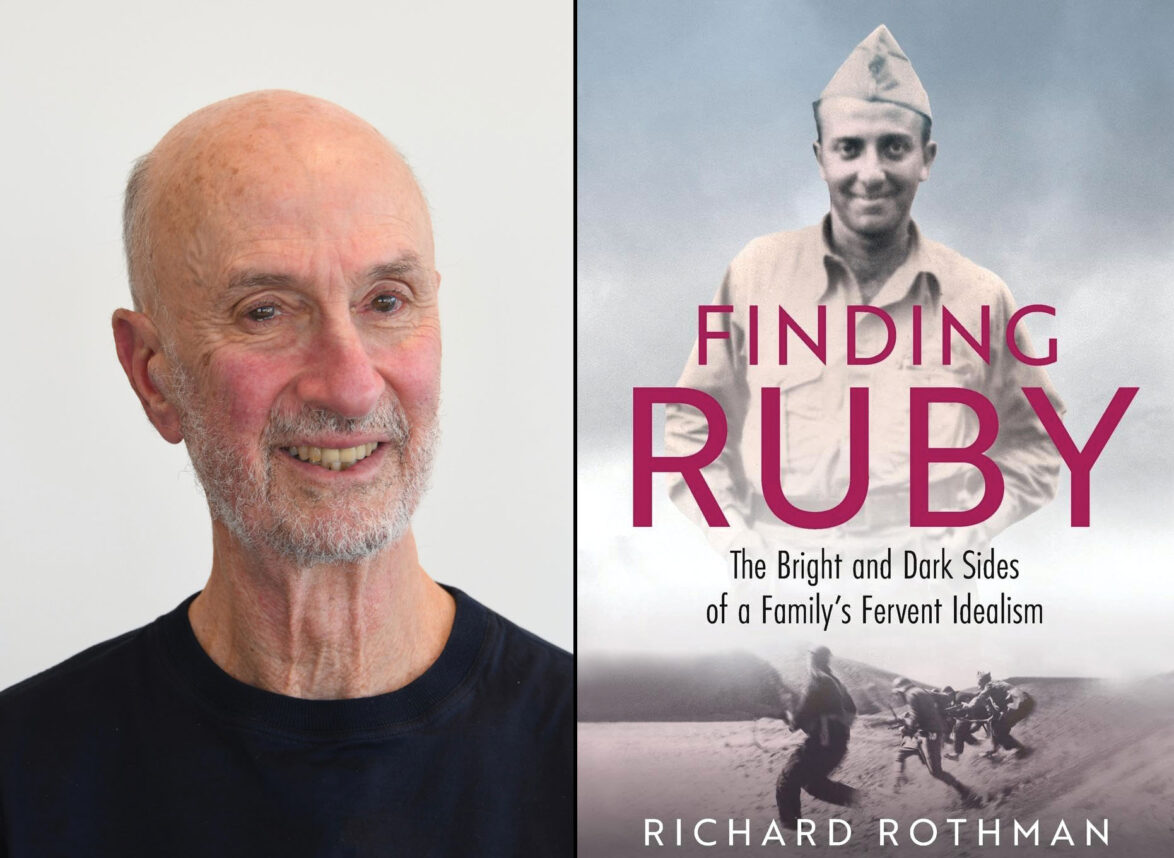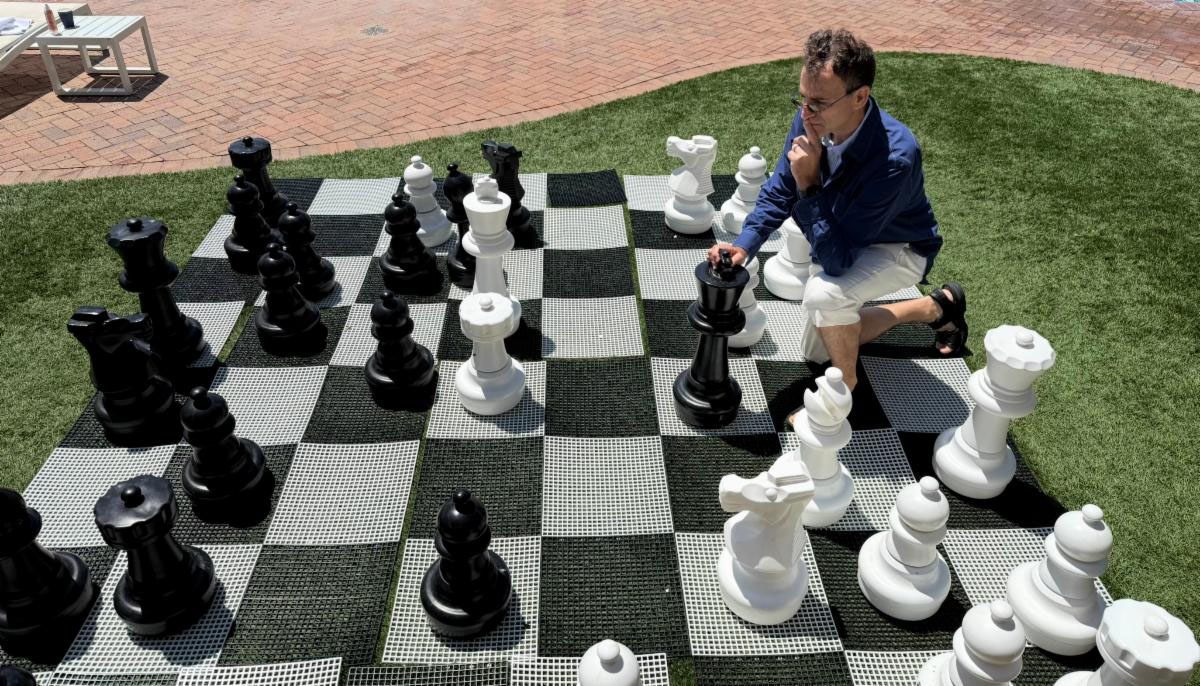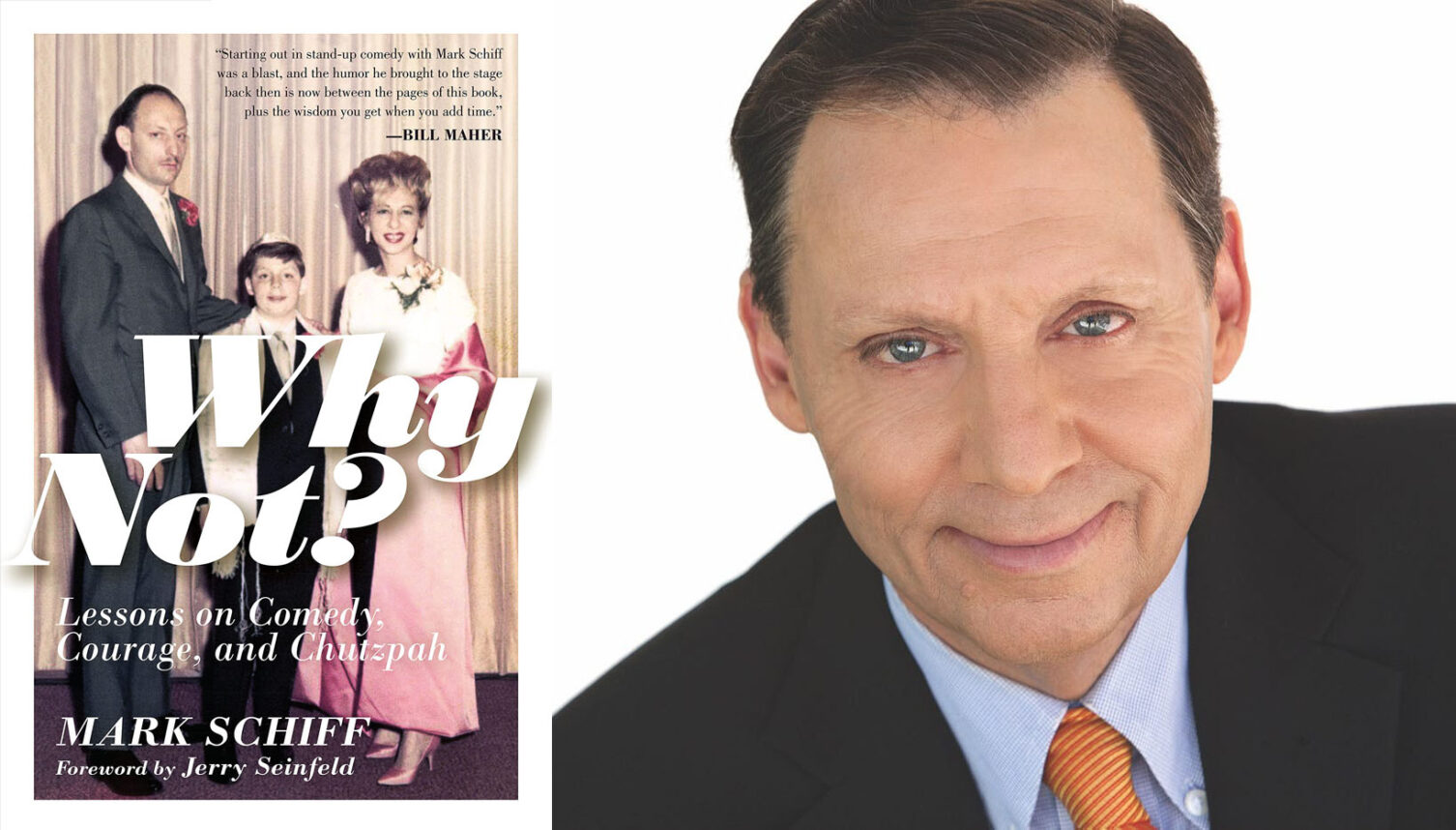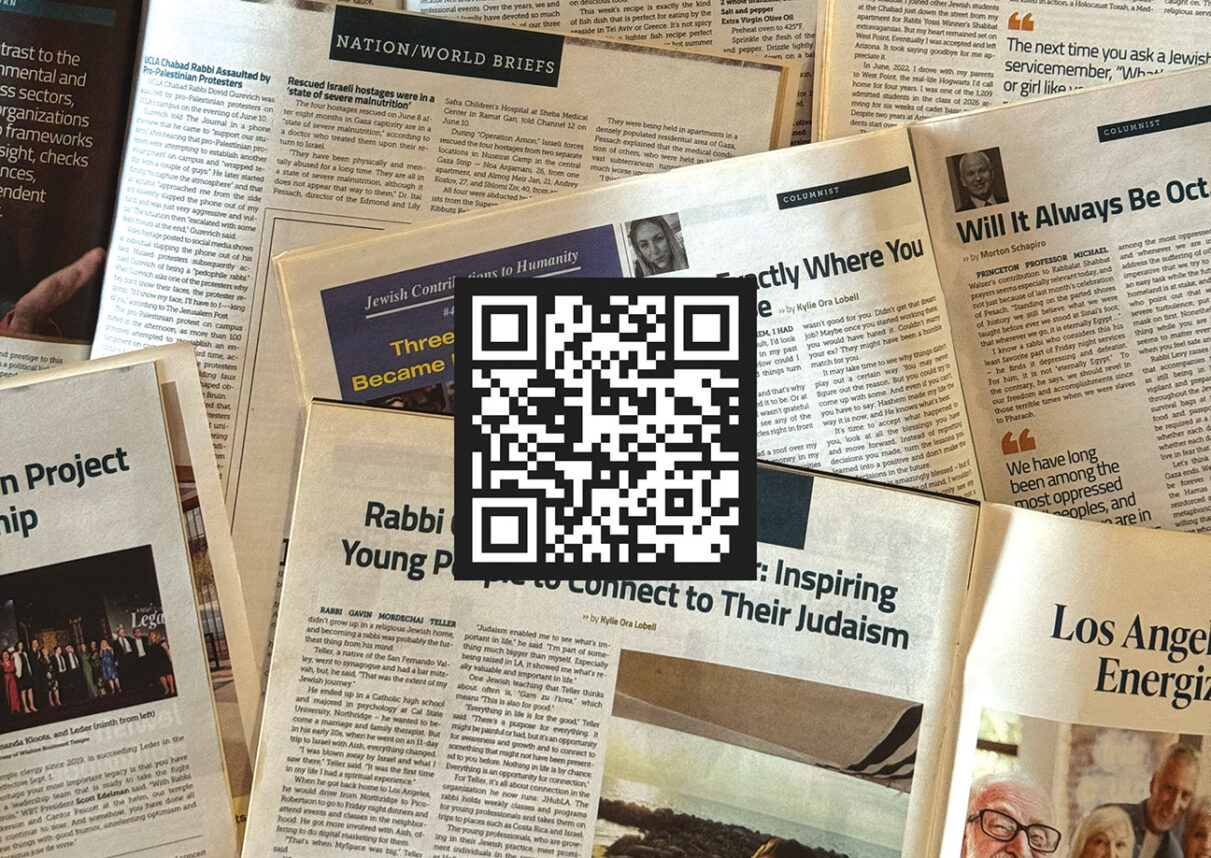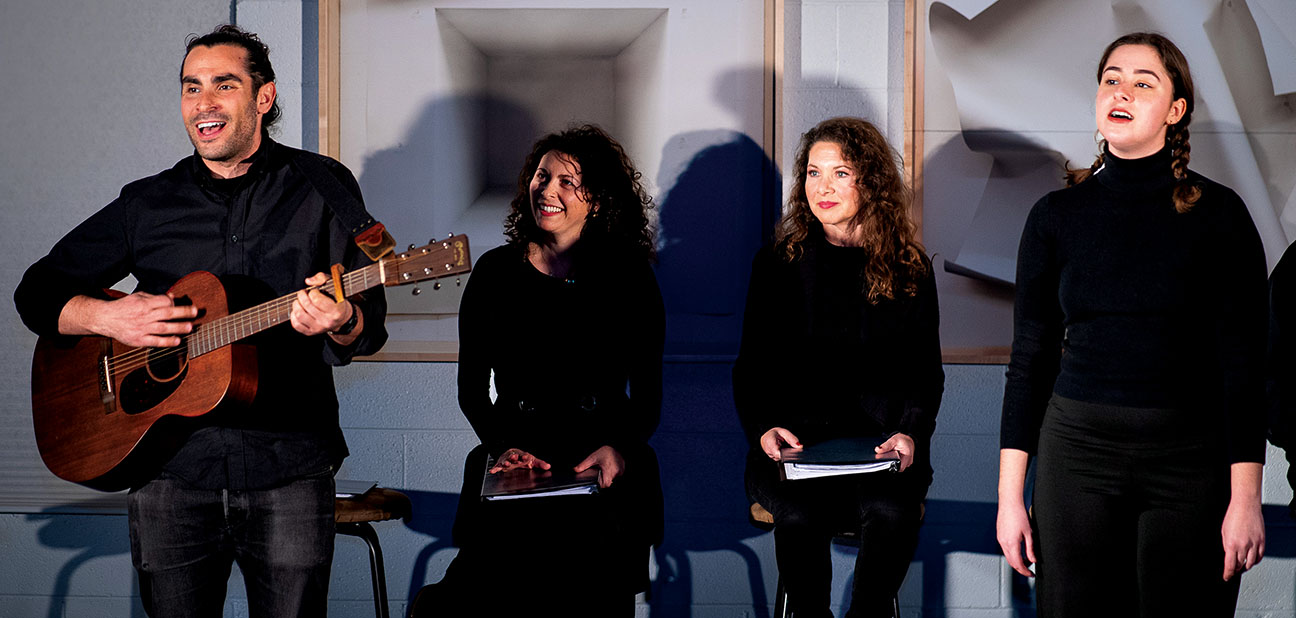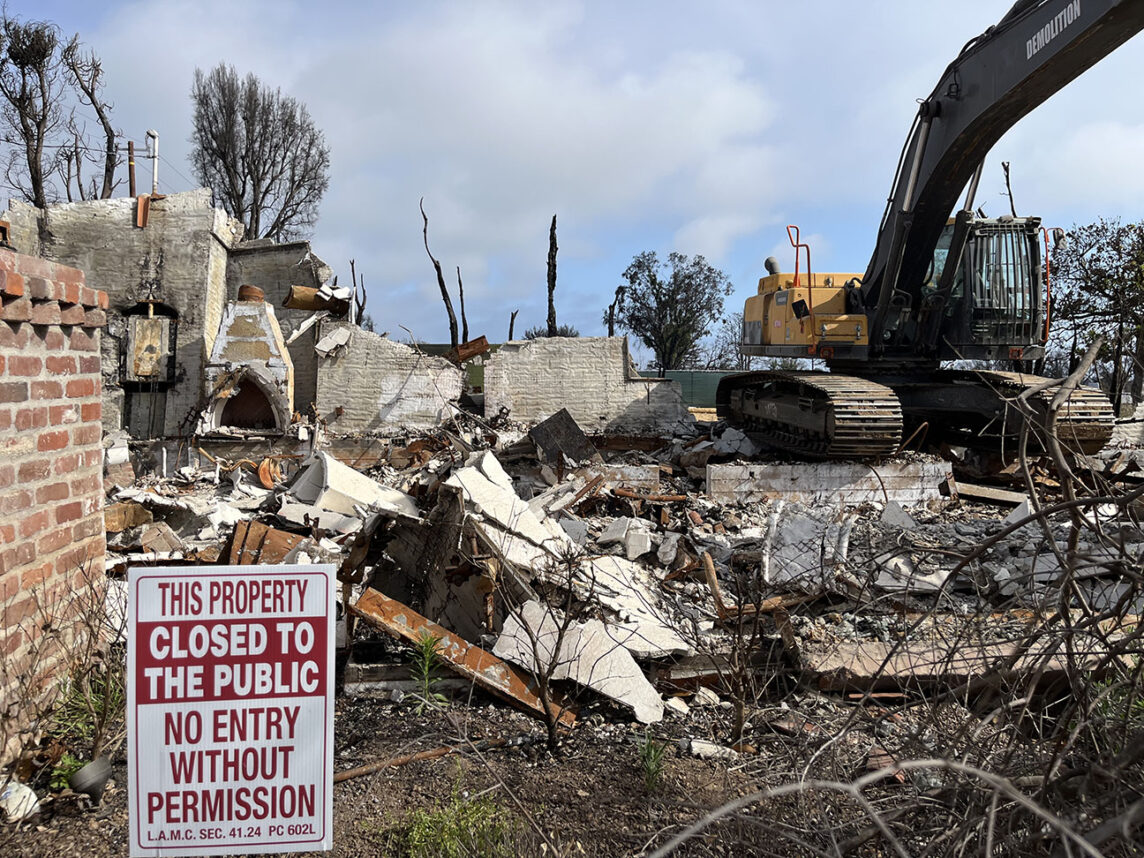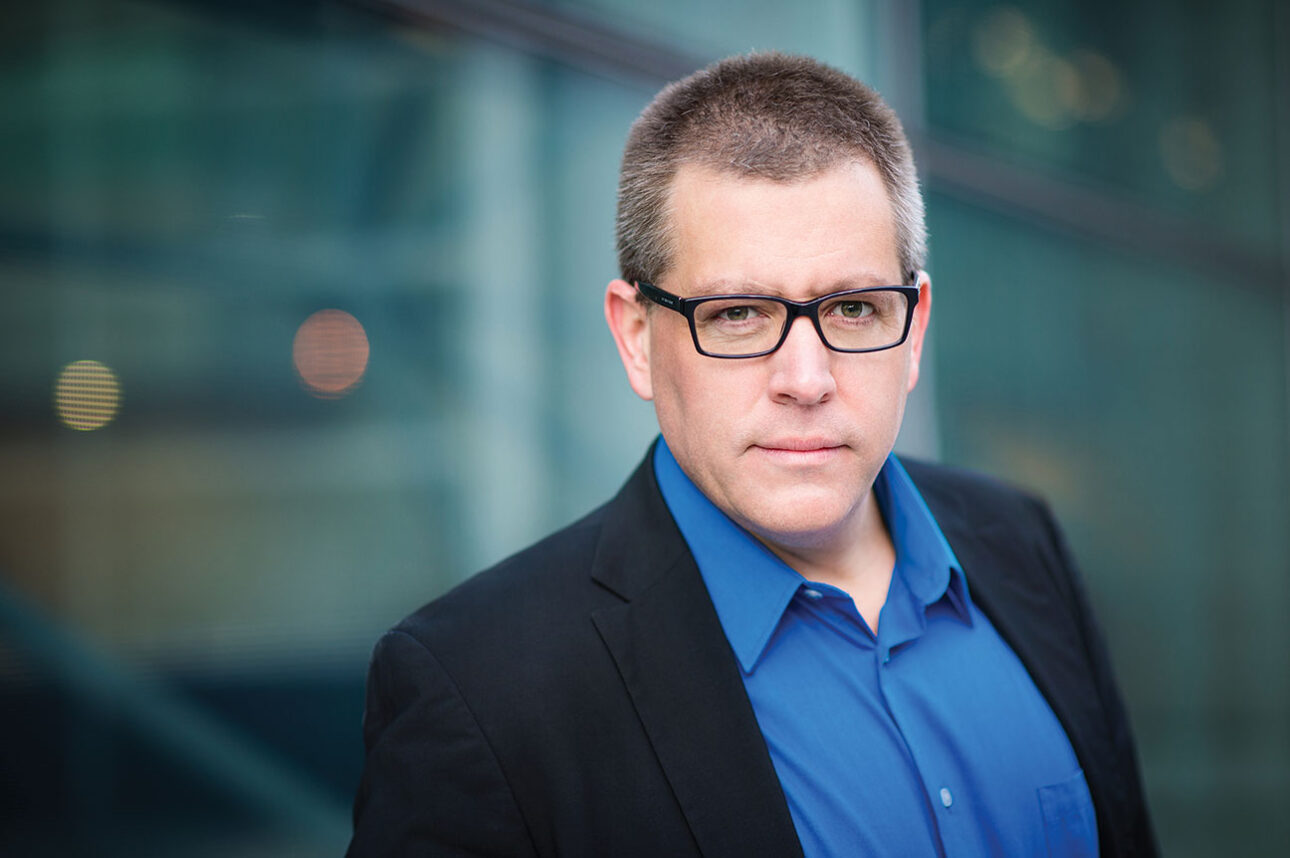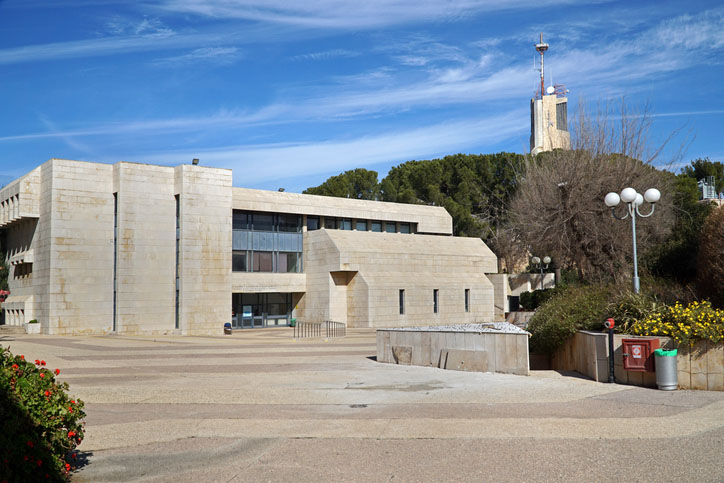State Controller Kathleen Connell comes to the race for mayor with a bit of a reputation as an ice queen. Debating her opponents, she is long on specifics and short on most of the kinds of schmaltz the other candidates like to interject into the mix. With piercing eyes, strawberry-blonde hair and finely chiseled features, she is not your glad-handing good old boy. But neither is she the picayune despot who allegedly came down on the use by State Assembly members of taxpayer monies for coffee and doughnuts, as the Times recently reported.
"No," she told The Journal, "my objection was to the end-of-the-week cocktail blowout. They should pay for their own alcohol." The Times faulted her for not bringing the same stringent standards of frugality to bear on her own operations. While I would not dare to weigh in on these matters, I can attest to the fact that on the Sunday I met her in her office at Sepulveda and Olympic, she would not even run the air conditioning. This may have put a crimp in my interview, but not in hers.
Sheldon Teitelbaum: Your former (and only) husband was Jewish?
Kathleen Connell: I’m Irish Catholic and grew up in a Jewish neighborhood in Denver. My closest friends and neighbors growing up were Jewish. I never grew up in a household where people made that distinction. If anything, I may have been the minority in my neighborhood. Everyone else was getting the advantage of bar and bat mitzvahs and I had a confirmation and didn’t get the public display of celebration that many of my Jewish friends did. That is a good experience for our children, to have both religions expressed in a household.
ST: So you’re planning a seder?
KC: No, I’m not doing the seder dinner…. I never have, nor did my ex-husband.
ST: You go to Spago for take-out?
KC: No. We’ve always been fortunate that our neighbors have invited us to their dinners. I have been a busy mother raising two children and working at the same time, so I’ve never had the time to prepare a dinner well.
ST: What kind of Jewish community support do you have in L.A.?
KC: I think it is what it was in ’94 and ’98. We’re going to see a lot of support from Jewish individuals and neighborhoods. We don’t have institutional support and have not gone after specific endorsements. I’ve had good relationships in the past with many of the institutions in L.A. because I fund programs that are important to them, most notably the Jewish Council on the Aging.
ST: The other candidates insist that ethnicity has no place in this race. Why should gender?
KC: You should focus on my credentials and record.
ST: The L.A. Times didn’t — they claimed you’ve gone out of your way to interject gender.
KC: I do that just by my appearance on the platform. I’m proud to be a woman, and I think it’s a tremendous asset. I do speak to some of the public policy issues from the perspective of a woman, and I think that’s healthy and appropriate. I’m a working mother, and I see things entirely different from many of the men candidates who have delegated the responsibility of raising their children to their wives. I think my perspective as working mother adds to my ability to contribute as a mayor to Los Angeles. It would make a difference on some of these issues to have a woman mayor of Los Angeles. There are ways we can wrap a warmth around some of the city services we deliver.
ST: So the feminine translates into issues of warmth….
KC: I think it translates into a different perspective.
ST: Yet the L.A. Times characterized you as a kind of cantankerous underdog in this race. Warmth didn’t seem to figure in the description.
KC: I’m not down on the profiles the Times ran. In fact, I think the profile they did of me was mostly positive. And I think they’ve been fair in taking a hard, critical look at all the candidates.
ST: But do we need a mayor who appears to have made so many enemies in Sacramento?
KC: I think that may be indicative of my independence. On the other hand, I would say that I have had an effective and positive relationship with many of the officials there.
ST: You’re certainly not winning friends within the LAPD. On the one hand, you’ve offered the chief a 30-day window in which to turn things around. On the other, you seem to take a dimmer view of the department….
KC: This gets into the culture of the LAPD. We are not going to change the culture of the LAPD by changing the leadership at the top. We’re going to do it by permeating that organization with strong institutional reform. We need to uproot the culture of the LAPD and replace it with a culture that shows more respect for the residents of the city.
ST: Does that mean demilitarization?
KC: I think it means retraining some of the officers. We can’t have that when we drop Robocops in from downtown. This is not a serious way of breaching the serious gap that exists between policemen driving around in their cruisers in the street and the people they are serving. If you look at the outside of a cruiser, it says, "To Protect and Serve." Well, I think there is such irony there today because there are so many communities in the city that fear the sight of a police cruiser.
ST: How do you change patrol patterns when you can’t get them to live in the city?
KC: That’s why I’m carrying a bill [proposing $7,500 in down payment assistance to LAPD officers who buy homes within the confines of Los Angeles] that I think will get through.
ST: What kind of difference will $7,500 in assistance make in today’s housing market?
KC: The average price of a house in LA is $223K. The police union has a zero percent interest program. If they take my $7,500 program, add anywhere from $3-$5K to that, they can get into the average home and live within the budget of the average John cop on the street, and that average cop can afford to buy the average home.
ST: In this campaign you seem to be offering as detailed and substantive answers as any of the candidates have cared to issue. And yet you’re still lagging in terms of recognition. Is this a source of frustration?
KC: I don’t think that’s true. We started later than most candidates, and we did in ’94 as well. The timing is going to be appropriate in this race. Los Angelenos are waking up. I think you’ll find in the next poll we’re doing very well.
ST: Albeit your pockets are not as deep as the others’….
KC: They are deeper at this moment. They spent their money very early.
ST: Are you heartened by the apparent dearth of rancor among the candidates in this race?
KC: I think that will continue through the primary, and I certainly hope it will continue through the general. It’s been my style of campaigning in ’94 and ’98. I’ve been hit in those campaigns by negative campaigning, and I didn’t respond. I think you campaign on your vision, record, credentials, and that’s what I’ve done. On the other hand, I can tell you that the mood has soured somewhat. Most of the other candidates are no longer on speaking terms. It’s particularly bad now between Steve [Soboroff] and Jim [Hahn]. They tell me they’re happy I’m running because it gives them someone they can talk to.
ST: You’ve described yourself more as a manager or administrator. How do you reconcile that with the vision thing?
KC: You need to be both. A dream remains a vision unless you have the ability to execute it, in which case it becomes a reality. You need to have a leader who can execute their vision, and I think that’s what I bring to Los Angeles. But I’m trained as an economist and serving as the chief financial officer, I’ve got to tell you I am very nervous about this economic climate. I think we’re going into a softening period, that we’re seeing an actors’ strike that could cost valuable revenues to this city and an outstanding liability of a billion dollars. Whoever comes into office on July 1 is not going to be graced with a honeymoon period. They are going to have to deal with significant bottom-line issues. If they don’t have the executive and financial skills to do that, I am very concerned this city is going to fractionalize and be in a meltdown scenario.
ST: That’s as alarmist a view of our near-future prospects as I think we’ve heard.
KC: I think L.A. is now ready for new leadership that moves this city aggressively forward, that creates the kind of city that a Daley has created in Chicago, that has been created in New York, that is vigorous and grabbing its future. There you’ve seen two very strong personality-driven mayors that have reshaped their cities, and I think that’s what we need here.








